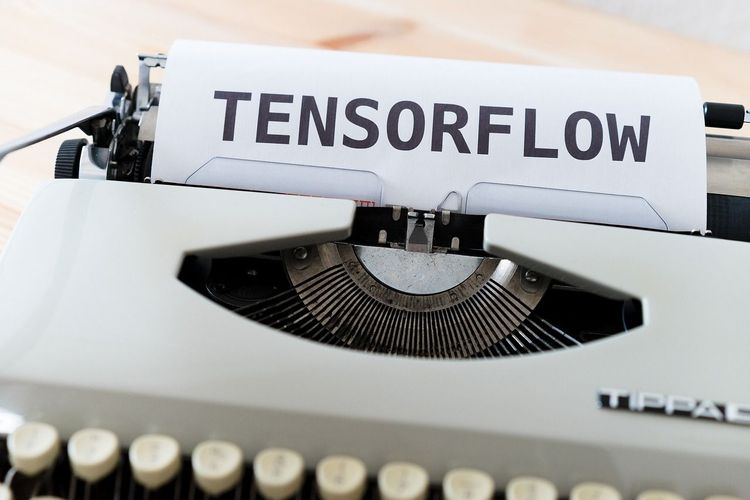OpenAI has launched a new tool to evaluate artificial intelligence capabilities in machine learning engineering, called MLE-bench. This benchmark tests AI systems against 75 real-world data science competitions from Kaggle, a leading platform for machine learning contests.
As tech companies seek to develop more advanced AI systems, MLE-bench goes beyond measuring computational power and pattern recognition. It examines whether AI can strategize, troubleshoot, and innovate within the complex realm of machine learning engineering.
MLE-bench utilizes AI agents to tackle Kaggle-style competitions, simulating the workflows of human data scientists, from model training to submission creation. The performance of these agents is then compared to human benchmarks.
AI Performance in Kaggle Competitions: Progress and Challenges
The results from MLE-bench highlight both advancements and limitations in current AI technology. OpenAI's most advanced model, o1-preview, combined with the AIDE framework, achieved medal-worthy performance in 16.9% of competitions. This suggests that AI can compete with skilled human data scientists in certain instances.
However, significant gaps persist between AI and human expertise. While AI models effectively apply standard techniques, they often struggle with tasks requiring adaptability and creative problem-solving, emphasizing the continued importance of human insight in data science.
Machine learning engineering involves designing and optimizing systems that enable AI to learn from data. MLE-bench evaluates various aspects of this process, including data preparation, model selection, and performance tuning.
Diverse Approaches to Machine Learning Tasks
A comparison of three AI agent strategies—MLAB ResearchAgent, OpenHands, and AIDE—illustrates different methods and execution times in tackling complex data science challenges. The AIDE framework, with a runtime of 24 hours, demonstrates a more comprehensive problem-solving approach.
Impact of AI on Data Science and Industry
The implications of MLE-bench extend beyond academic interest. Developing AI systems capable of independently managing complex tasks could accelerate research and product development across various industries. However, this progression raises questions about the evolving role of human data scientists and the rapid advancement of AI capabilities.
By making MLE-bench open-source, OpenAI promotes broader examination and utilization of the benchmark, which may help establish standardized methods for evaluating AI progress in machine learning engineering, influencing future development and safety measures.
Assessing AI Progress in Machine Learning
As AI systems edge closer to human-level performance in specialized tasks, benchmarks like MLE-bench offer vital metrics for assessing progress. They provide a reality check against exaggerated claims of AI capabilities, presenting clear and measurable data on current strengths and weaknesses.
The Future of AI and Human Collaboration
The push to enhance AI capabilities is gaining traction. MLE-bench presents a fresh perspective on advancements in data science and machine learning. As AI improves, collaboration with human experts could broaden the scope of machine learning applications.
Nonetheless, while the benchmark showcases promising results, it also indicates that AI has much to learn before replicating the nuanced decision-making and creativity of seasoned data scientists. The challenge now lies in bridging this gap and determining the optimal integration of AI capabilities with human expertise in machine learning engineering.







